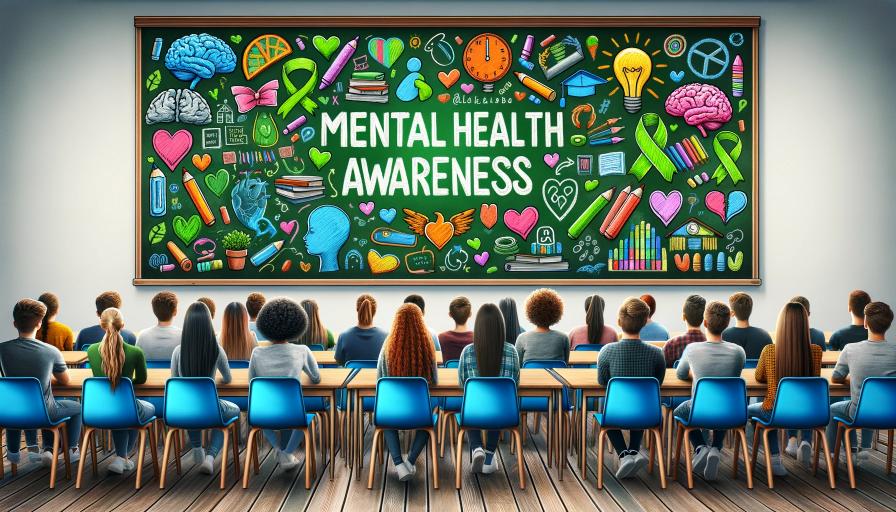The escalating prevalence of mental health issues among students underscores the urgent need for increased mental health awareness in educational settings. This article delves into the various ways mental health impacts students' academic and personal lives and the critical role schools play in fostering a supportive environment.
Understanding the Student Mental Health Crisis
Recent statistics highlight a worrying trend in the mental well-being of students, with a significant portion grappling with mental health challenges. This rise calls for a proactive approach in educational institutions to address and support mental health needs.
Mental Health and Academic Engagement
Mental health issues like anxiety and depression can significantly hinder a student's ability to engage with their academic work. This diminished engagement can lead to poor attendance and performance, setting off a cycle of academic struggles and heightened mental stress.
The Interplay of Focus and Mental Health
Concentration difficulties are a common manifestation of mental health problems in students. This lack of focus can exacerbate the challenges they face, impacting their ability to grasp lessons and keep up with coursework.
Performance and Progression Implications
A student's academic attainment and progression can be severely impacted by mental health issues. The stress and pressure of academic expectations may intensify mental health challenges, affecting their grades and ability to envision and work towards future goals.
Extracurricular Activities and Social Involvement
Mental health issues can also extend beyond the classroom, affecting students' participation in extracurricular activities and social events. This can lead to social isolation, worsening their mental health condition.
The Imperative of Mental Health Awareness
Given the varied and sometimes subtle manifestations of mental health challenges, it's crucial for educational institutions to foster an environment where mental health is openly discussed and support is readily available. Awareness initiatives can help in identifying students in need and providing them with necessary support.
Conclusion
The increasing mental health issues among students highlight the essential need for mental health awareness in schools. By addressing this need, educational institutions can play a pivotal role in supporting their students' overall well-being and academic success.
